15 TV Shows That Predicted the Future
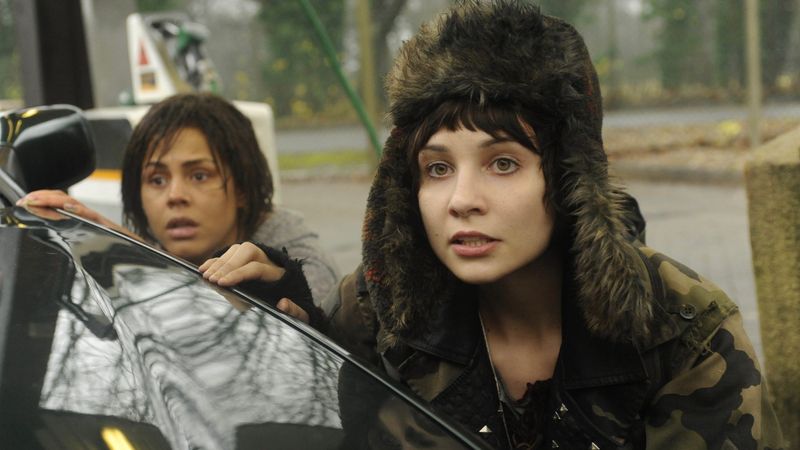
Ever notice how TV sometimes feels like a crystal ball with better lighting? These shows didn’t just entertain us—they sketched blueprints for our gadgets, politics, and everyday anxieties.
From uncanny tech predictions to plotlines that later echoed in headlines, the small screen kept winking at tomorrow. Dive in and see which episodes whispered the future before it arrived at your doorstep.
1. The Simpsons (1989–present)
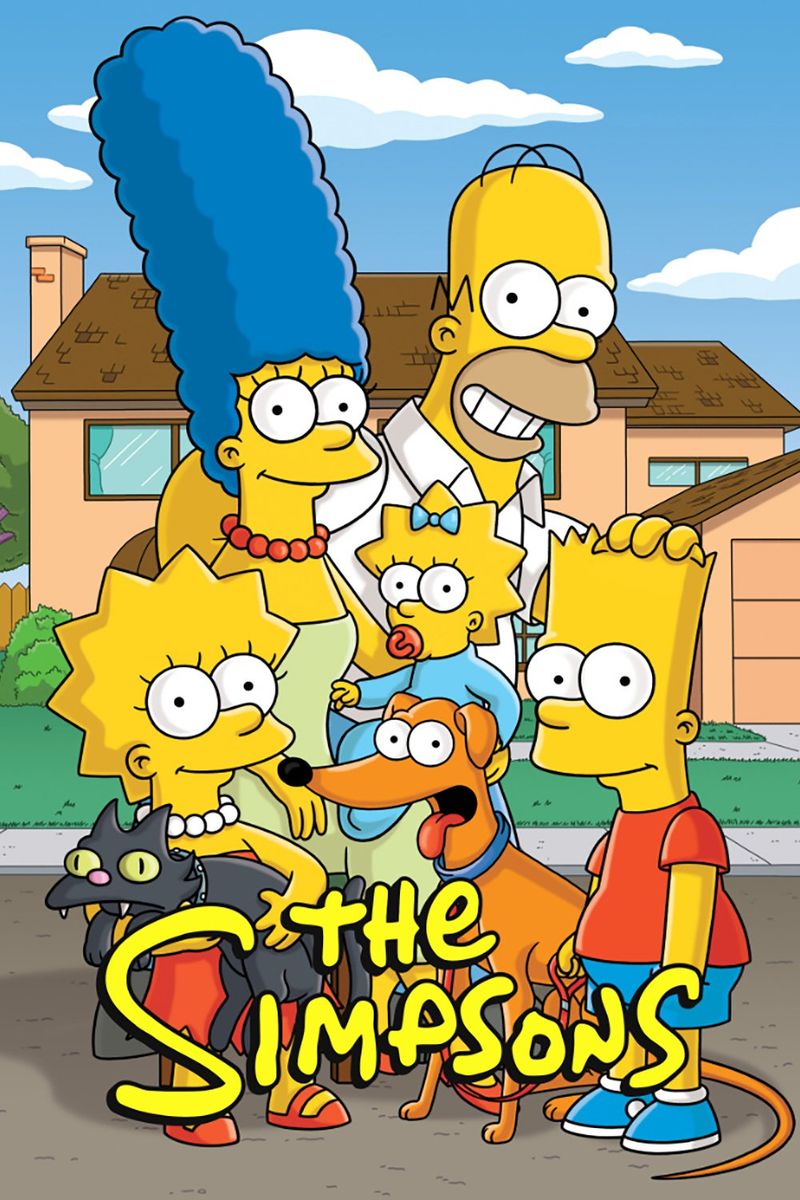
Long before think pieces and pundits, Springfield casually tossed tomorrow into punchlines. From smartwatches and video calls to glitchy autocorrect and the wild card of Trump’s presidency, its writers stitched absurdity to foresight. Even Disney’s acquisition of Fox turned a throwaway gag into a corporate prophecy come true.
Part of the magic is volume plus razor-sharp cultural radar. The show riffs on tech trends as they germinate, then watches reality catch up in syndication. It’s not clairvoyance so much as a masterclass in pattern recognition dressed in cartoon yellow.
Still, the accuracy can feel eerie. A town of cranks and geniuses mirrors a world forever beta-testing the future on Main Street. The Simpsons reminds us that big changes often arrive as jokes first—and then as headlines.
2. Black Mirror (2011–2019)
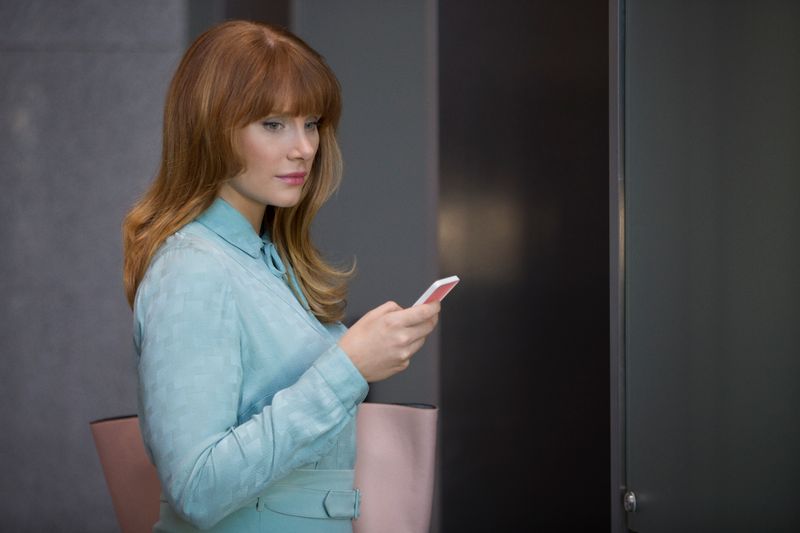
Instead of crystal balls, it hands out reflective screens that glare back our worst impulses. Social credit systems, AI influencers, and deepfakes weren’t cautionary fables for long—they became product roadmaps and PR nightmares. The show’s invasive smart devices now live in kitchens and pockets, whispering convenience while harvesting intimacy.
Its power lies in extrapolation. Take an existing tech, add market incentives, remove friction, and watch ethics bend. That recipe turns speculative fiction into tomorrow’s onboarding guide.
Each episode dares you to ask who holds the off switch. When likes morph into life scores and avatars outlive their makers, our identities feel negotiable. Black Mirror doesn’t prophesy; it audits. And the audit finds that innovation moves faster than consent, leaving humanity to read the terms after clicking accept.
3. Star Trek: The Original Series (1966–1969)
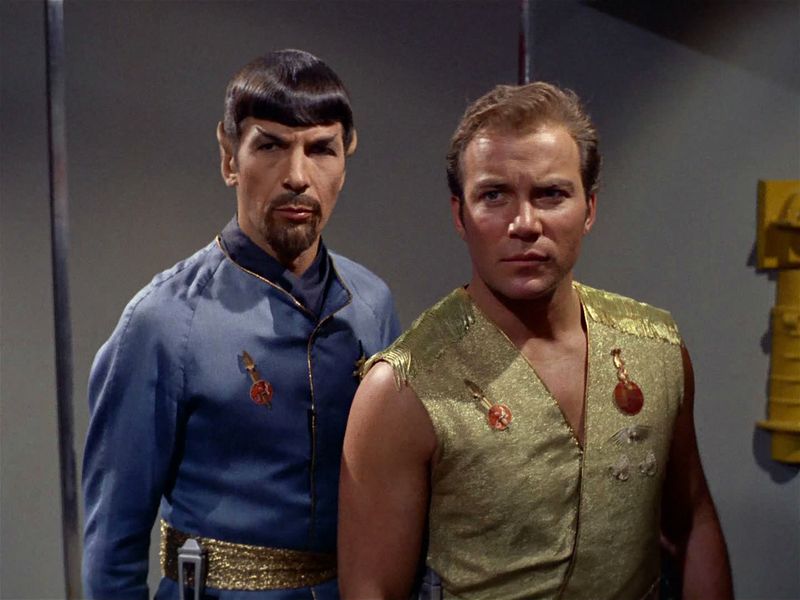
On a plywood starship bridge, tomorrow’s gadgets performed dress rehearsal. Handheld communicators foreshadowed smartphones, while Uhura’s earpiece anticipated Bluetooth fashion before it was a boardroom staple. Tablets and voice-activated computers appeared as if engineers had already sketched the patents.
The series paired optimism with engineering plausibility. Tech wasn’t magic; it had rules, interfaces, and protocols. That grounded approach gave inventors a shared vocabulary—and permission to build.
Beyond the hardware, it imagined a future where humans collaborate across cultures and planets. The dream wasn’t just portable screens; it was portable empathy. Star Trek taught that progress is both circuitry and civics, a federation of ideas that warp ahead when curiosity outruns fear. Many devices in your pocket today started as props on a set where the final frontier felt surprisingly familiar.
4. The Jetsons (1962–1963)

A punchy theme song ushered in a sky-high suburbia where chores did themselves. Video calls at the push of a button, homes that obeyed your voice, and a robot vacuum humming past the sofa—these weren’t just gags; they were prototypes with laugh tracks. Rosie the Robot practically soft-launched virtual assistants decades early.
Its vision of convenience framed technology as domestic bliss. Buttons replaced effort, and screens replaced commutes. Even if flying cars lagged, the living room became a cockpit of comfort.
Strip away the retro futurism and you find today’s smart hubs, doorbell cams, and automated shopping lists hiding in plain sight. The Jetsons offered a bright, bubbly forecast: technology as household harmony. In real life, the upgrades arrived without the orbiting cul-de-sacs—but the promise of time saved still hovers overhead.
5. Mr. Robot (2015–2019)
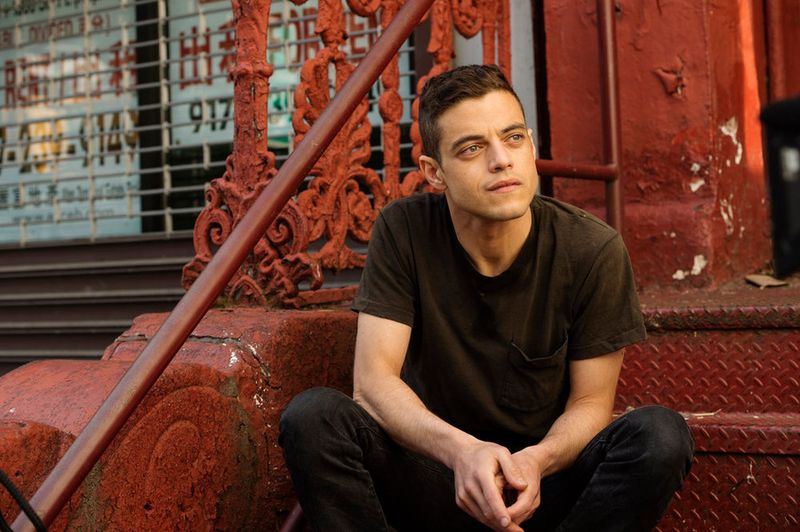
Paranoia felt practical in this hoodie-clad thriller. Accurate depictions of phishing, zero-days, and supply-chain compromises hinted at a world where corporate fortresses fell to clever keyboards. Cryptocurrency’s gravitational pull on finance and crime arrived right on schedule.
The show made cybersecurity tactile: terminals, protocols, and consequences. Instead of magic hacks, it dramatized process—social engineering, persistence, and patience. That realism underscored how fragile trust can be when systems talk to each other faster than humans think.
As headlines filled with breaches and ransomware, Mr. Robot read like a field guide with better cinematography. It warned that data is loot and privacy a battleground. In the end, the biggest exploit wasn’t code but human vulnerability, reminding us that the soft layer—people—remains the hardest to patch.
6. Futurama (1999–2013)
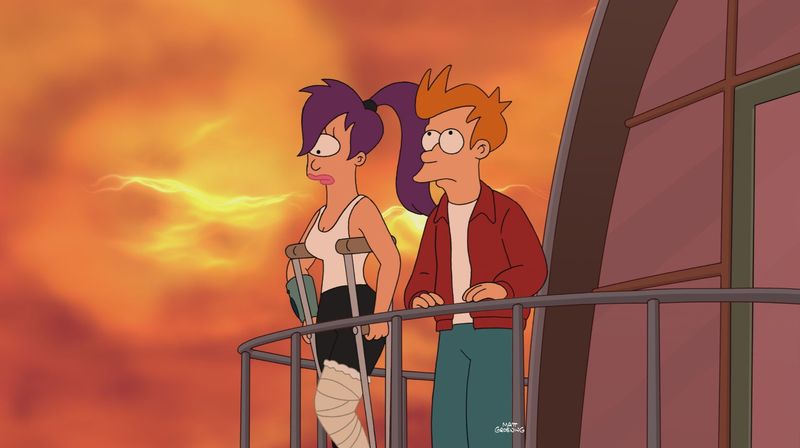
Behind the slapstick and suicide booths, the writers smuggled in startling accuracy. Jokes about 3D printing morphed into desktop factories, drones carried packages past pigeons, and a math-heavy episode nodded toward the Higgs boson long before scientists popped confetti at CERN. Comedy turned into a syllabus for tomorrow’s tinkering.
Its science wasn’t just technobabble; PhDs were in the writers’ room. The show sprinkled real equations and plausible what-ifs under layers of absurdity. That blend made the future feel both ridiculous and reachable.
When deliveries began buzzing overhead and printers extruded possibility, Futurama looked less like parody and more like preview. It’s proof that curiosity—seasoned with silliness—can point the way forward. Somewhere between Hermes’ paperwork and Bender’s schemes, actual innovation got a nudge.
7. Person of Interest (2011–2016)
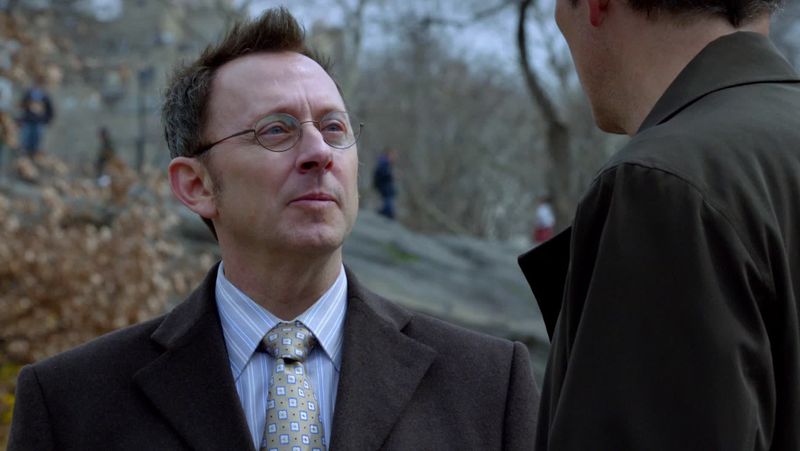
A whispered name and a camera’s red blink turned surveillance into suspense. The series envisioned AI that digests feeds, patterns behavior, and flags threats before they happen. Predictive policing tools and citywide sensor webs soon stepped from fiction to municipal budgets
What felt speculative became operational reality. Algorithms now triage risk, while ethics committees chase after the implications. The show foreshadowed debates about bias, transparency, and the right to vanish in a networked maze.
By framing numbers as narratives, it humanized the dataset. Lives aren’t rows in a spreadsheet; they’re messy, context-rich stories. Person of Interest cautioned that even benevolent code can erode freedoms if oversight lags. In a world of omnipresent lenses, it asks who watches the watchers—and who audits their training data.
8. The X-Files (1993–2018)
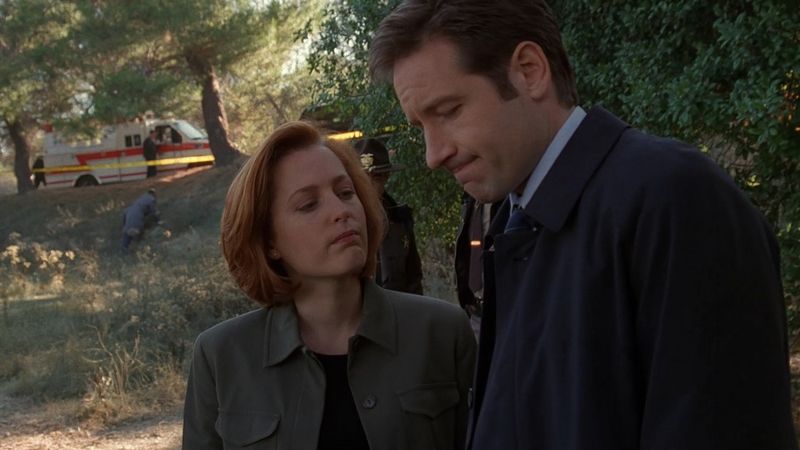
Trust issues went mainstream as Mulder and Scully sifted through smoky rooms and redacted truths. Government surveillance threads later mirrored whistleblower revelations, while DNA databases turned from sci-fi to routine crime-fighting tools. Pandemic plots and shadowy bio conspiracies felt uncomfortably prescient in the 21st century.
The show weaponized skepticism, teaching viewers to question chains of custody and official narratives. It framed evidence as negotiable when power controls the flashlight. That cultural mood outlived the monsters-of-the-week.
When reality delivered mass data collection and viral panic, its mythology seemed less fanciful. The X-Files didn’t predict specifics so much as the ecosystem: secrecy, fear, and the hunt for proof. The truth may be out there, but the show insists the hardest part is getting permission to see it.
9. Westworld (2016–2022)
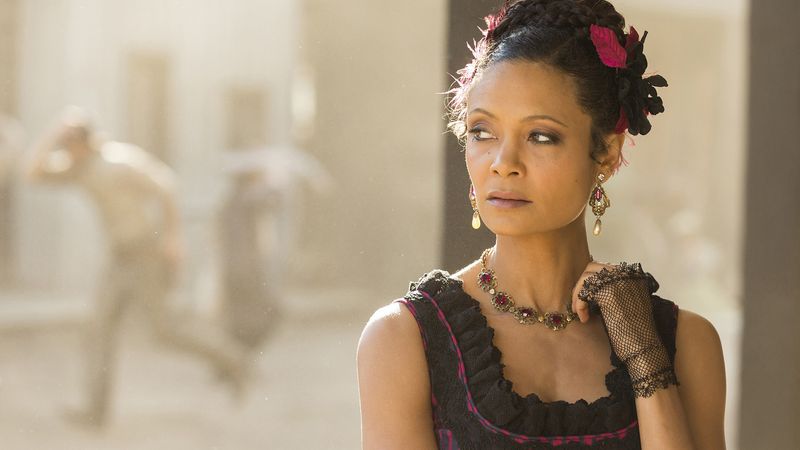
At a luxury theme park with too-perfect hosts, the line between code and consciousness frayed. Data-driven behavioral prediction wasn’t just gadgetry; it mapped souls, selling futures futures to the highest bidder. As algorithms curate our feeds and choices, the show’s chessboard looks awfully familiar.
Its inquiry is less “can machines think?” than “who benefits when they do?” With enough data, people become predictable—and therefore controllable. That premise reframes personalization as soft coercion wrapped in design.
In our era of recommendation engines, Westworld reads like a glossy ethics seminar. The series asks whether autonomy survives when preferences are profiled into puppetry. Beneath the slick dust and labyrinthine timelines lies a warning: the maze isn’t for hosts alone; it’s for anyone living inside a data model.
10. Doctor Who (1963–present)
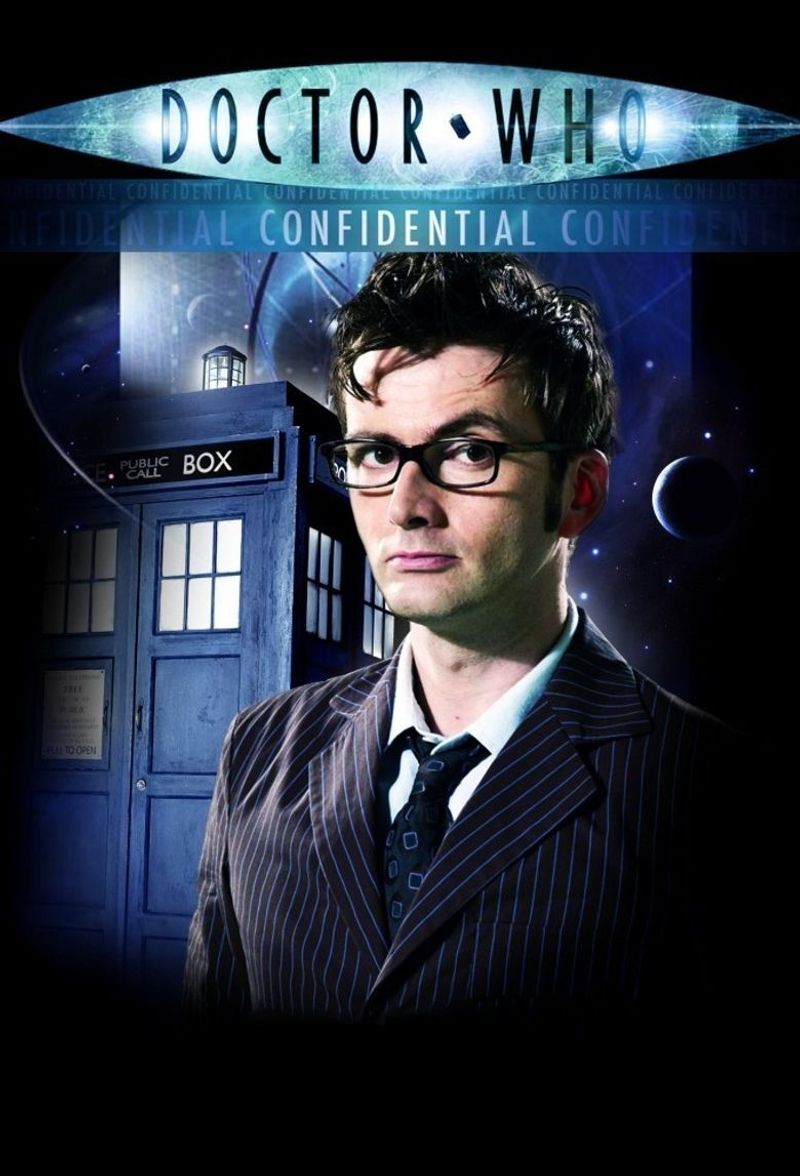
Armed with a sonic screwdriver and cheeky bravado, our favorite Time Lord treated future tech like old friends. Wi-Fi-bound villains previewed the risks of connected devices, sliding doors swished from prop to airport standard, and replicator-like tech foreshadowed 3D printing on kitchen counters. Across regenerations, invention felt delightfully inevitable.
The charm is in science made whimsical. Gadgets solve problems but also raise new riddles, keeping curiosity at the helm. That playfulness invites viewers to imagine, then to tinker.
Meanwhile, the show linked ethics to ingenuity. Saving planets required more than gizmos; it demanded compassion and clever constraints. Doctor Who’s prophecy isn’t grim determinism—it’s optimism with a calibration tool, reminding us that humanity, not hardware, sets the destination.
11. The Outer Limits (1963–1965, 1995–2002)

Anthologies are free to swing wide, and this one connected more than a few times. Episodes toyed with genetic engineering ethics, VR immersion, and nascent artificial intelligence long before they hit campus brochures. The questions felt bigger than monsters: what happens when design meets DNA and dreams plug into sockets?
The series excelled at moral stress tests. It posed hypotheticals that legislators and engineers still wrestle with, turning labs into courtrooms of the mind. Imagination did the budgeting; caution wrote the epilogues.
As CRISPR headlines multiplied and headsets shrank, its scenarios aged into case studies. The Outer Limits didn’t hand out answers, only pressure. In that space, viewers learned that possibilities aren’t inherently progress—and that innovation’s shadow grows with every watt we add.
12. House of Cards (2013–2018)
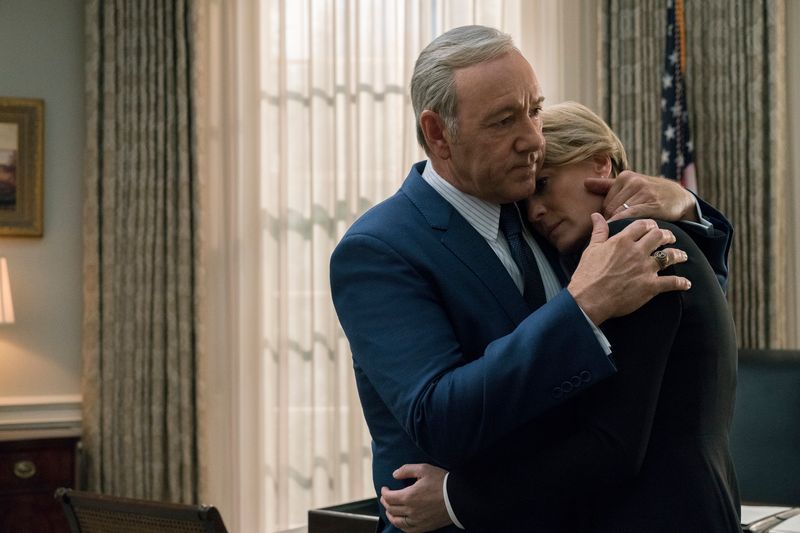
Politics in this universe ran on leverage and late-night notifications. Manipulated social media narratives, data-targeted persuasion, and election shenanigans soon marched from streaming drama to sober analysis. The show’s cynical calculus mirrored real scandals as platforms became battlegrounds for belief.
Power wasn’t just votes; it was visibility. Control the feed and you control the frame, nudging public opinion by a thousand tailored cuts. That insight became painfully practical in the years that followed.
House of Cards illustrated how governance mutates in the presence of infinite metrics. Strategy tightened into microtargeting, while truth competed with virality. The series didn’t invent dirty politics—it updated the toolkit, then watched the world download it.
13. Utopia (UK, 2013–2014)
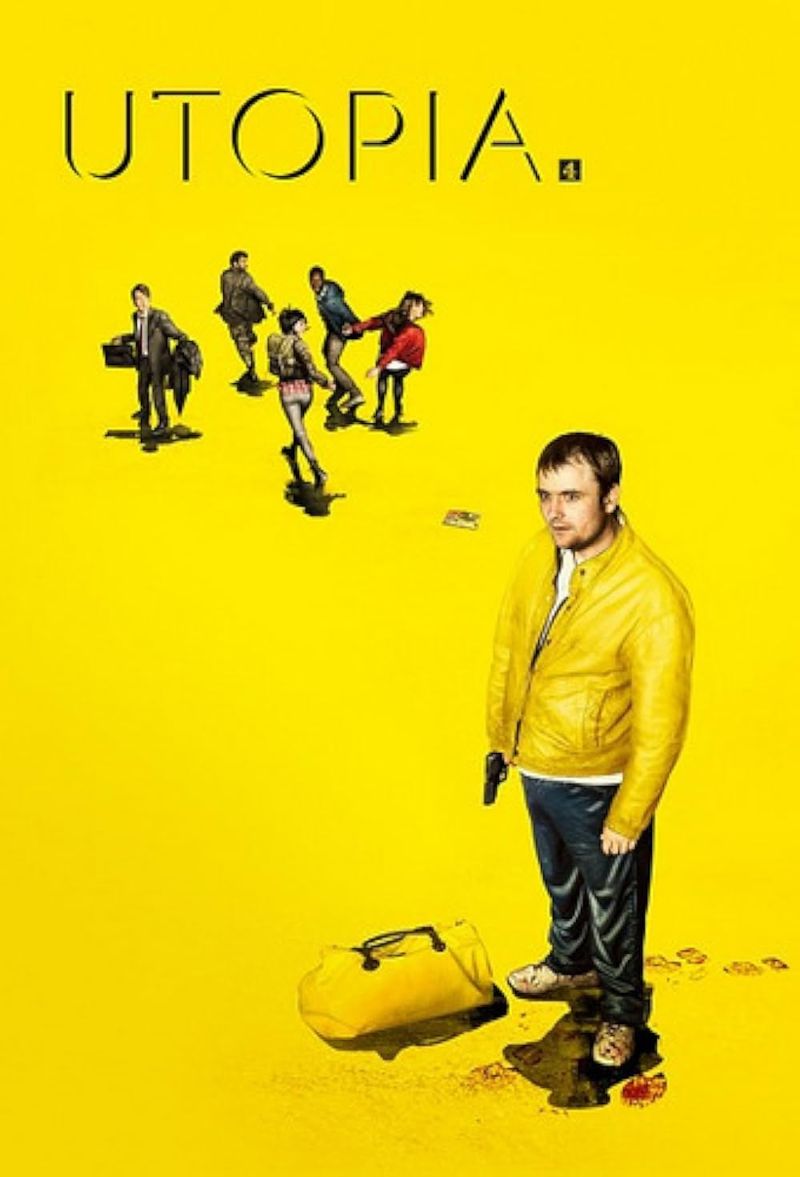
A conspiracy thriller painted in neon, it felt too wild—until it didn’t. Secretive agencies, bioengineering whispers, and vaccine panic echoed eerily during the COVID era. The show dissected how fear metabolizes bad information, and how uncertainty can be weaponized in a crisis.
Its storytelling fused lurid style with unnerving plausibility. Characters chased answers through a funhouse of unreliable narrators, which mirrors the internet on a bad day. When institutions stumble, rumor sprints.
More than prediction, Utopia captured the mood of modern emergencies: mistrust, fragmented truths, and data drowned in noise. Watching it post-2020 feels like a rehearsal we accidentally performed. The question isn’t whether plots exist—it’s whether the public has the resilience to parse them.
14. Parks and Recreation (2009–2015)
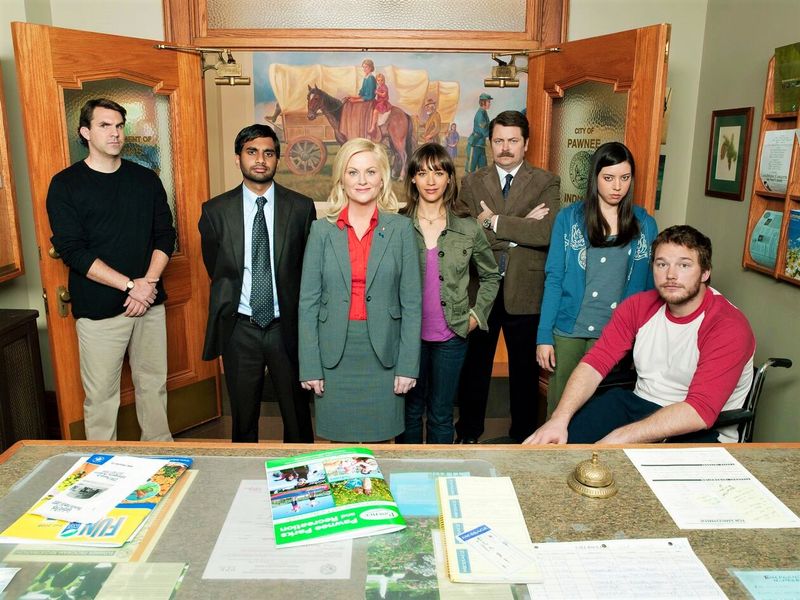
In between waffles and civic mishaps, the show tossed future-baiting gags that blossomed into headlines. A joke about the Chicago Cubs finally winning the World Series landed just before 2016 made it real. Tech bros strolling into governance and culture felt like a subplot that escaped the writers’ room.
Its optimism never ignored absurdity. Public service was messy, but community made the mess worthwhile. That tone predicted how internet culture would blend sincerity with snark as it seeped into city halls.
While Pawnee’s quirks were exaggerated, the trends weren’t. Startup swagger met small-town politics, and everyone learned to meme as they went. Parks and Rec showed that the future sometimes arrives as a friendly neighbor with disruptive ideas—and a pitch deck.
15. Breaking Bad (2008–2013)
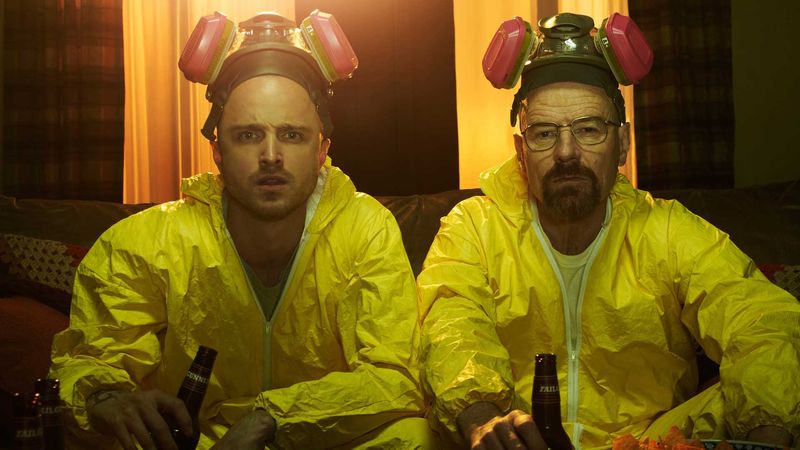
A chemistry teacher’s descent became a catalyst for uncomfortable realism. DIY labs, improvised reagents, and the commodification of know-how paralleled a rise in homebrew chemistry and illicit production tutorials. The show didn’t invent the trend, but it framed the process with unnerving accuracy.
Craftsmanship and consequence drove the tension. Attention to purity, procedure, and supply chains made crime feel operational, not mythical. That focus inadvertently foreshadowed an ecosystem where instructions travel faster than oversight.
As real cases surfaced, Breaking Bad read like a cautionary syllabus. Expertise without ethics scales harm, especially when markets reward shortcuts. The series leaves a residue: respect for science and fear of its misuse, both crystallized under pressure.

Comments
Loading…